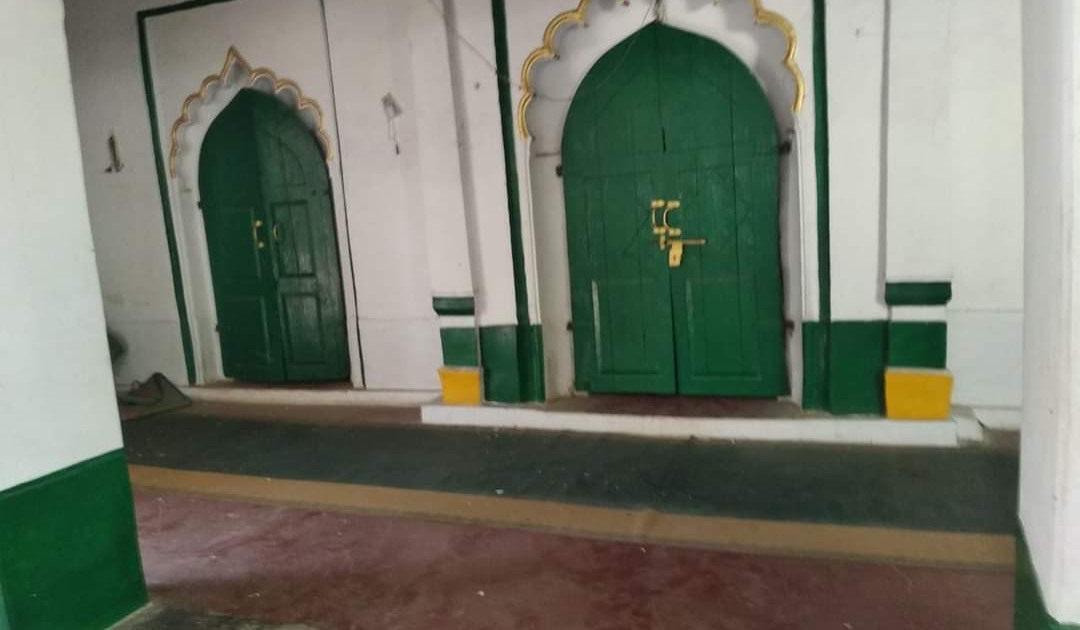
Islamabad, Pakistan: The trust of citizen on the Pakistan’s government has been shaken as the coordination between the centre and the state and the apex institutions is not maintained.
Shahzad Sharjeel, a poet and analyst, writing in Dawn said the differences between the province and the centre range from collection and redistribution of fiscal resources, extraction of natural resources and distribution of their dividends to water.
Flurries of missives by the Chief Minister Syed Murad Ali Shah underlining Sindh’s complaints regarding the apportionment of resources, from funding to water have reportedly irked Prime Minister Imran Khan.
During a recent meeting, when the chief minister repeated his misgivings, the prime minister is said to have thumped his desk and shouted, ‘enough is enough’, reported Dawn.
After the utter unruliness in the National Assembly during the budget and post-budget sessions and its replication in the Balochistan Assembly, not much is left to the imagination where the effects of polarisation are concerned, writes Sharjeel.
It cannot be denied that the various stakeholders are not even trying to find a neutral, civil space, away from the media glare to have a working relationship at least on a handful of issues of national interest, say the analyst.
The portfolio of inter-provincial coordination assumes immense importance in view of these schisms.
However, instead of using it to at least narrow down differences among the federating units before only the most intractable ones are elevated to the Council of Common Interests, it is entrusted to someone who seems more interested in matters of the Pakistan Sports Board, and for reasons of capacity and space to operate, would rather meet kabaddi teams, views Sharjeel.
At a recent Indus River System Authority meeting, the member representing Sindh reportedly had an object thrown at him by the body’s chair for having the temerity to repeatedly raise the issue of release of water to Punjab from the Chashma and Taunsa link canals. According to the rules, link canals can only be operated in case of surplus flows, reported Dawn.
The issues between the provinces and centre are issues of power differential as they are replicated between provincial headquarters and their own administrative units such as divisions and districts.
The rural-urban chasm in Sindh is widening. The misgivings of south Punjab against a powerful central Punjab represented by Lahore regularly brim over. Not all is well between the erstwhile FATA, the Hazara Division, and Peshawar. The resurgence of the Taliban in Afghanistan will only complicate things in Khyber Pakhtunkhwa.
Balochistan, besides the forced disappearances and security establishment-led semblance of order, has Baloch-Pakhtun issues, sectarian violence and its own variant of cross-border challenges such as the Quetta Shura to worry about, reported Dawn.
All of this, and the centre, according to the opposition, is busy planning another elections robbery. Not willing to solely fly on a wing and a prayer, Imran Khan-led Pakistan Tehreek-e-Insaf (PTI) is now betting on the EVMs along with the AVMs. Hain kawakib kuch; nazar atay hain kuch (The stars are not what they appear to be), writes Sharjeel.






